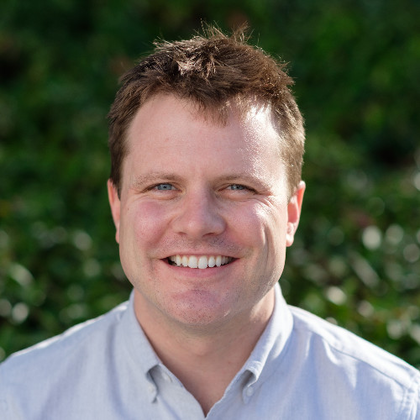Okta’s first Cyber and Digital Identity Capitol Hill Day took place last week at the U.S. Capitol in Washington, DC. The day began with Okta connecting six CEOs from its portfolio companies with senior staff from the House Homeland Security Committee, House Committee on Oversight and Accountability, and the office of Congressman Bill Foster (D-IL), sponsor of the Improving Digital Identity Act. The meetings were a successful opportunity for the portfolio company founders to introduce themselves, their companies, and the cyber and Identity problem they are trying to solve, and to learn about the cyber policy challenges that are top of mind in the U.S. Congress.
Later that day, Okta Ventures hosted congressional staff, executive branch policymakers, technology leaders, the investment community, and the general public in a policy discussion and demonstration of venture-backed innovations across AI, cloud, ransomware, content moderation, and Identity.
- The day kicked off with opening keynote remarks by Eugenio Pace, President of Business Operations at Okta. Eugenio shared his personal journey from growing up in Argentina, serving in the military, immigrating to America’s Pacific Northwest, founding Auth0, and joining Okta. He also talked about how trust is critical in the private and public sectors. He illustrated how Okta is in the business of trust and shared his thoughts on how the government can improve citizen trust in institutions through a better citizen experience (CX) with digital services, and how the government can improve trust with the innovation community.
- Eugenio then moderated a fireside chat with Cheryl Ingstad, Deputy Director of the Defense Innovation Unit (DIU). Cheryl articulated a vision for DIU 3.0 and its mission to reduce the time it takes for innovators to get an “Authority to Operate” from the DoD.
- Afterward, Andrew McClure, managing director at ForgePoint Capital, moderated a panel on cyber and national security with the CEOs of Aembit, Pangea, and Oloid.
- The event wrapped with a final panel on improving citizen trust in government through technology moderated by Kate Goodloe, managing director, BSA | The Software Alliance, and featuring the CEOs of Intrinsic, Cerby, and Spruce.
Key themes of the day
- Secure and trusted Identity is core to enabling trust between people and the government: The White House is looking to improve the customer experience to grow trust in government institutions, and one way they are doing that is by fighting Identity theft and public benefit fraud. Secure and trusted Identity can help the government address both of these challenges.
- Optimism about responsible AI: AI has the potential to positively impact society, business and government. It’s mobilizing people across the globe — as one panelist pointed out, it’s like what going to the moon did in 1969 — to use new technology to solve new problems in business and government. The panelists discussed how a good standard procedure with agreed upon requirements needs to be in place to ensure AI is used responsibly and compliantly.
- The importance of secure application development that also improves consumer experiences: It’s never been easier to build applications. There are over 26 million developers building new applications that people are using every day, and many of these developers do not know how to write secure code. They’re being directed to prioritize experience over security, which is leaving the door open for threat actors to steal information. The panelists discussed the need for a standard framework of building security directly into applications, which ensures the right security protocols and infrastructure are in place while bringing in Identity tools like MFA to make it easier for people to use their apps securely.
- Opportunities for technology adoption in government, especially for venture-backed startups: The government has traditionally been seen as a slower adopter of new technologies with costs in terms of time and budget being the usual barriers. The panelists discussed this barrier to entry for technology companies — especially startups — to work with government and how education on new technologies and building strong public-private partnerships can help overcome the challenges. Venture-backed startups are creating new technologies that can help better support and scale the U.S. government to enhance trust between people and applications, especially in security and Identity.
You can learn more about Okta Ventures here and our public sector work here.







